Are electric toothbrushes better than manual brushes?
Cleaning with an electric toothbrush is much easier and more comfortable, especially if you have mobility problems in your hands.
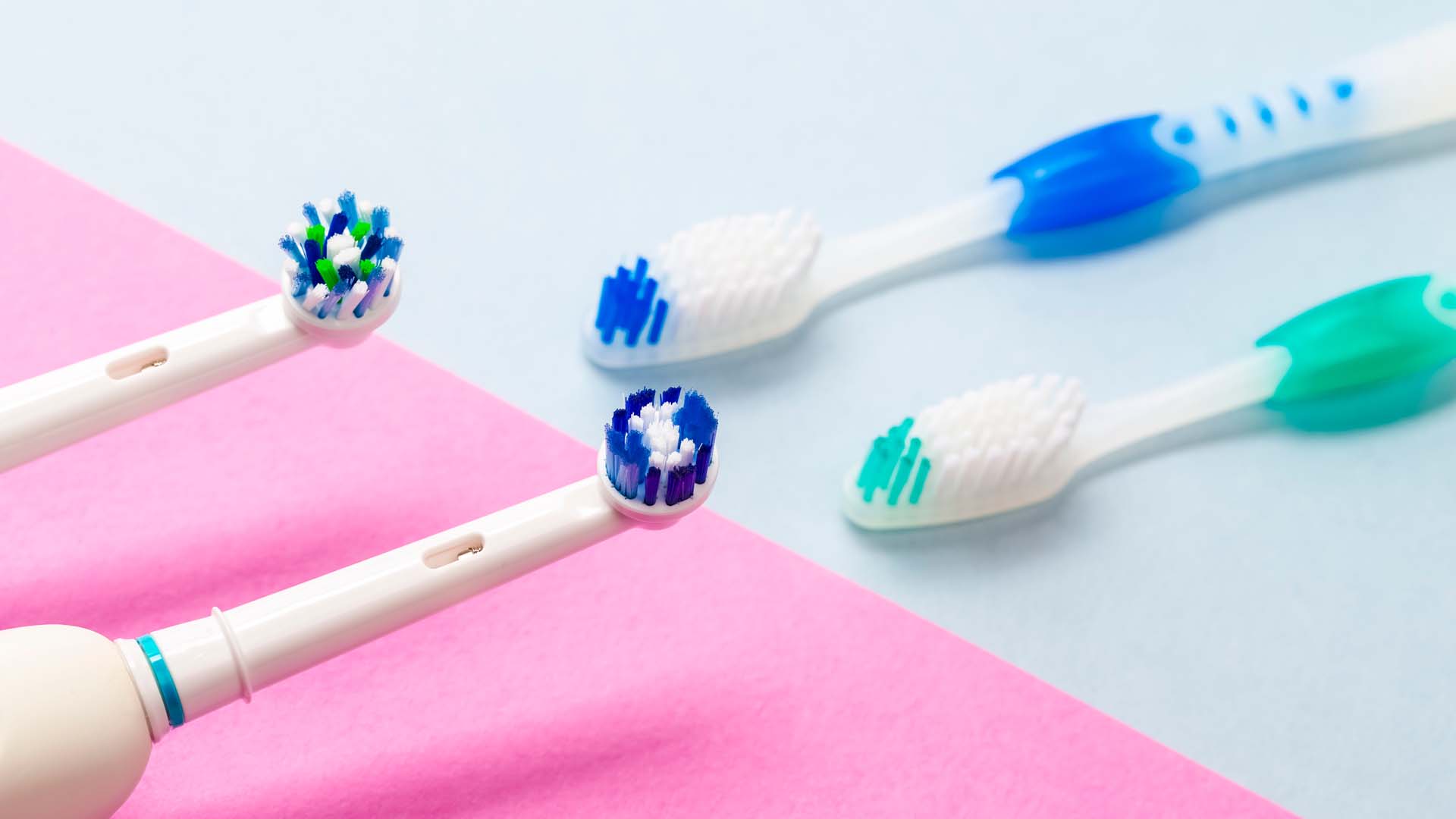
Cleaning with an electric toothbrush is much easier and more comfortable, especially if you have mobility problems in your hands.

Electric toothbrushes are brilliant things – some of them seem smarter than we are.
With programmes to clean, deep clean and whiten your teeth, timers to ensure you brush for the right amount of time and pressure sensors so you don’t brush too hard, they can transform your teeth. But they’re also a lot more expensive than a simple manual toothbrush, so are they worth it?
Dr Ben Atkins of the Oral Health Foundation, a charity campaigning for good oral health, says they are.
“Multiple studies and clinical research shows us that electric toothbrushes, especially those with heads that rotate in both directions or "oscillating" heads, are more effective at removing plaque than a manual brush,” he told us. “This helps keep tooth decay and gum disease at bay.”
There are plenty of good reasons to buy an electric toothbrush – but there are plenty of reasons why you might want to stick with a manual one, too. Let’s discover which one is the better tool for your dental health.
Why choose a manual toothbrush?

Manual toothbrushes haven’t changed much since William Addis started mass producing them in 1780, but they’re even older than that: the Egyptians and Babylonians were making toothbrushes from the ends of twigs around 3500–3000 BC.
Today’s brushes may be based on the same idea, but they use different materials: where Addis’s first brushes used pig bristles on a specially carved cow bone handle, today’s brushes feature nylon bristles with a plastic or wooden handle.
Manual toothbrushes are a lot cheaper (even more advanced ones such as Colgate Max White are only around £5 for a pack of three) but they need replacing every few months – and plastic toothbrushes in particular contribute to landfill.
Why choose an electric toothbrush?

Electric toothbrushes are more complicated than their manual counterparts, but not much: inside an electric toothbrush there’s a motor that vibrates the bristles as you brush. That design has been around since the first modern electric toothbrush, the Broxodent, which appeared in 1954 and plugged into a wall socket.
Cordless electric toothbrushes have been around longer than you might think – the first ones went on sale in the 1960s – but today’s vastly improved battery technology means they’re more convenient, with weeks of cleaning between charges. Today’s batteries are smaller too, so electric toothbrushes have become lighter.
While the basic design hasn’t changed much, today’s models are smarter – some of them include microchips and digital displays, and sonic toothbrushes vibrate incredibly quickly to clean even more efficiently.
Electric toothbrushes last for years, and instead of replacing the whole thing you simply pop off the relatively small brush head and put a new one in its place.
Those heads can be expensive – a pack of four replacement heads for a Philips Sonicare brush can cost around £40, or £10 per head. They do offer much more effective cleaning, though, because electric toothbrushes can clean a larger area in less time than a manual brush.
And because most electric toothbrushes have timers and pressure sensors, they can guide you so that you clean for the right amount of time without using too much or too little pressure.
There’s another big plus with electric toothbrushes: if you have problems such as arthritis in your hands, cleaning with an electric toothbrush is easier and more comfortable than doing it manually.

“It is possible to get a good clean with a manual toothbrush if you have a good brushing technique,” Dr Atkins says. “However, most people don’t brush correctly or don’t brush for long enough.
“With an electric toothbrush you don’t have to worry about technique as much, as when you guide the toothbrush along the tooth surface the brush head is spinning at a rate which can easily disrupt the plaque on the surface.”
He adds: “If you’re looking at getting an electric toothbrush, look for one with an oscillating head, a pressure sensor, and a two-minute timer.”
No matter what kind of toothbrush you buy, it’s important to have a good cleaning routine too. We recently interviewed Dr Manrina Rhode, the 2022 Dentist of the Year, to get her teeth cleaning advice.
Her tips included setting a daily routine, ensuring you don’t apply too much pressure when you brush and being aware of the effects hormonal changes may have on your teeth and gums. Dr Atkins echoes her advice.
“Regardless of which type of toothbrush you’re using, sticking to a good oral health routine is essential if you want a healthy mouth."
"That means brushing for two minutes, twice a day, with fluoride toothpaste. Brushing should be done last thing at night and at least one other time during the day.”
As Dr Atkins points out, your toothbrush can’t do everything – even if it’s a clever one.
“You also need to clean between your teeth,” he says. “Around 40% of the tooth’s surface is hidden between teeth and so you need to be using interdental brushes or floss to get into those gaps that a toothbrush is too big to get into.”

If you think an electric toothbrush is right for you, the next step is to choose one – and that’s not always easy, because there’s a huge range of models that includes cheap, cheerful and effective ones as well as all-singing, all-dancing models that seem to have more tech than an electric car.
Do you really need to spend £220 on a toothbrush that connects to your phone and tells you how well you’ve been brushing?
The answer for most of us is probably no, but there are some features we’d consider a must-have: a timer, so you don’t brush for too little or too long; a pressure sensor, so you’re not pressing too hard; and affordable replacement heads.
We’d recommend checking out independent electric toothbrush reviews, and it’s worth choosing your time to buy as carefully as your toothbrush.
Electric toothbrushes are discounted during big sales events such as Amazon’s Prime Day, Black Friday and Cyber Monday, and the savings can be significant. If you’re not in a rush for your brush, you can get even high-end models for a lot less cash by waiting for the sales.
Writer, broadcaster and musician Carrie Marshall has been a technology journalist for 24 years. Her CV is a who’s-who of magazines, websites and newspapers ranging from T3, Techradar and Woman & Home to the Sunday Post and People’s Friend, and she has been providing no-nonsense technology help and buying advice to BBC Radio Scotland listeners since the early 2000s.
View author page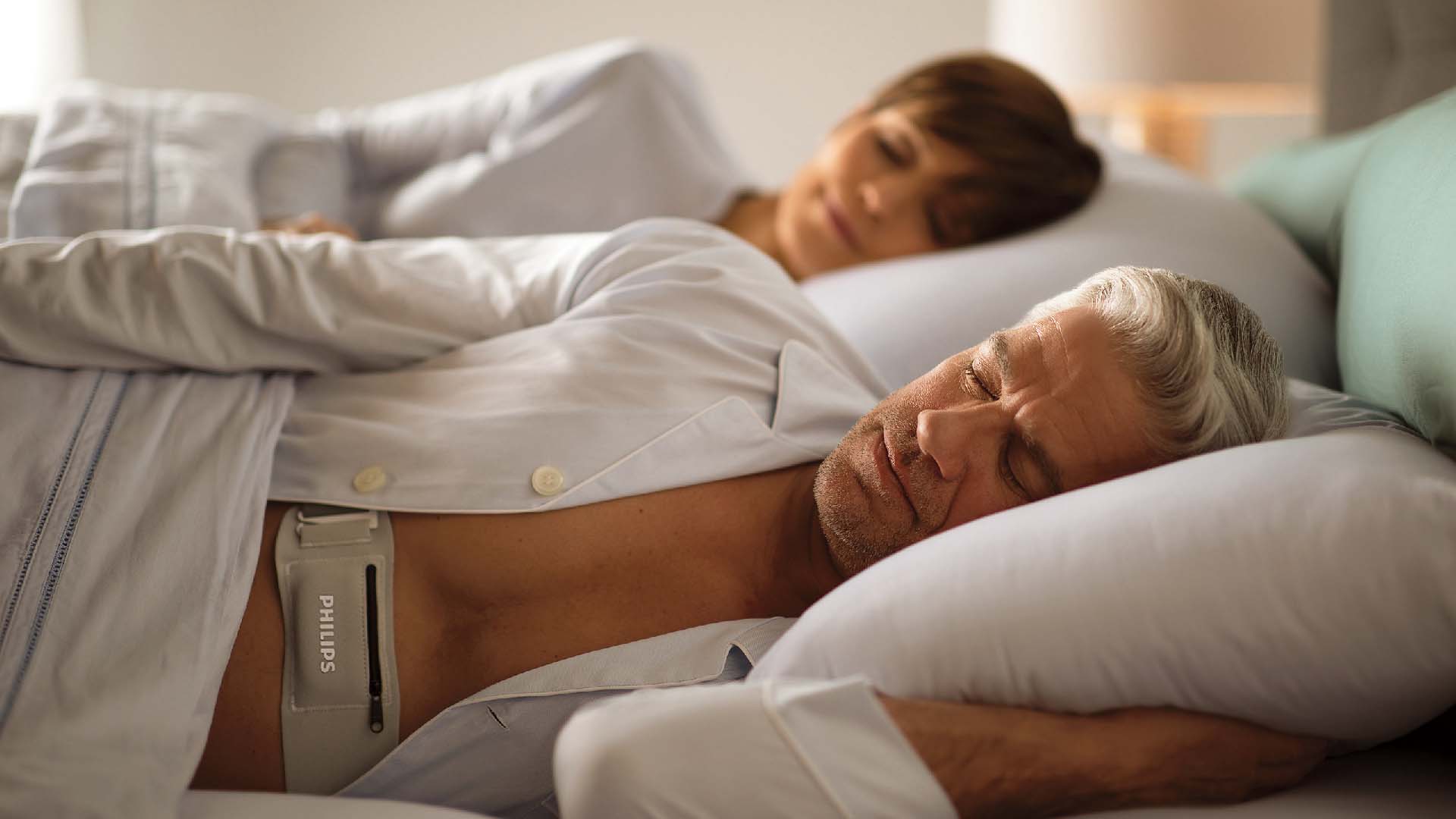

NHS England wants everyone to be using its app within three years - we look at the situation UK-wide and what to do if you haven't got a smart phone.
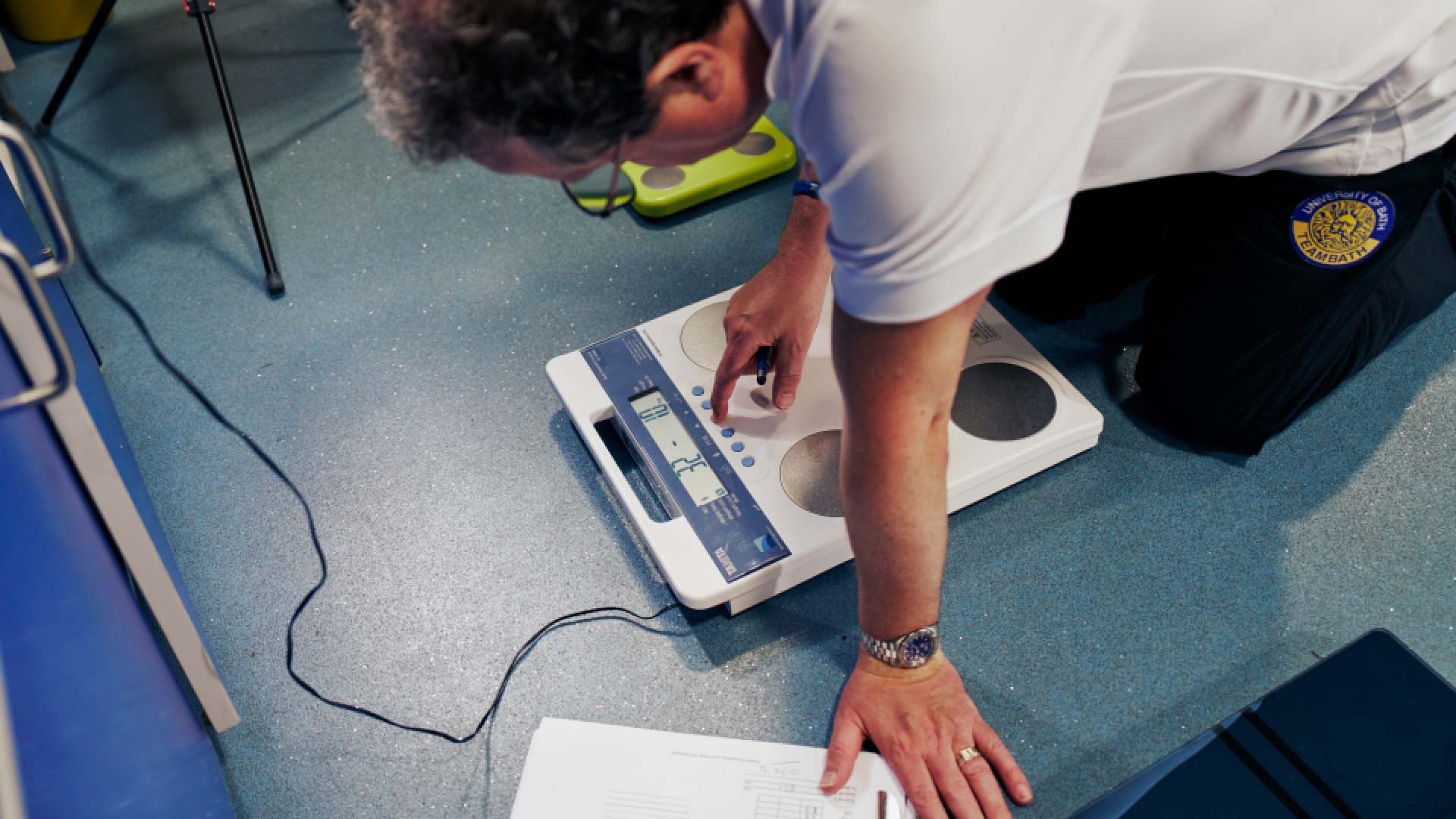
When it comes to tracking your body composition, are smart scales accurate enough to be useful?

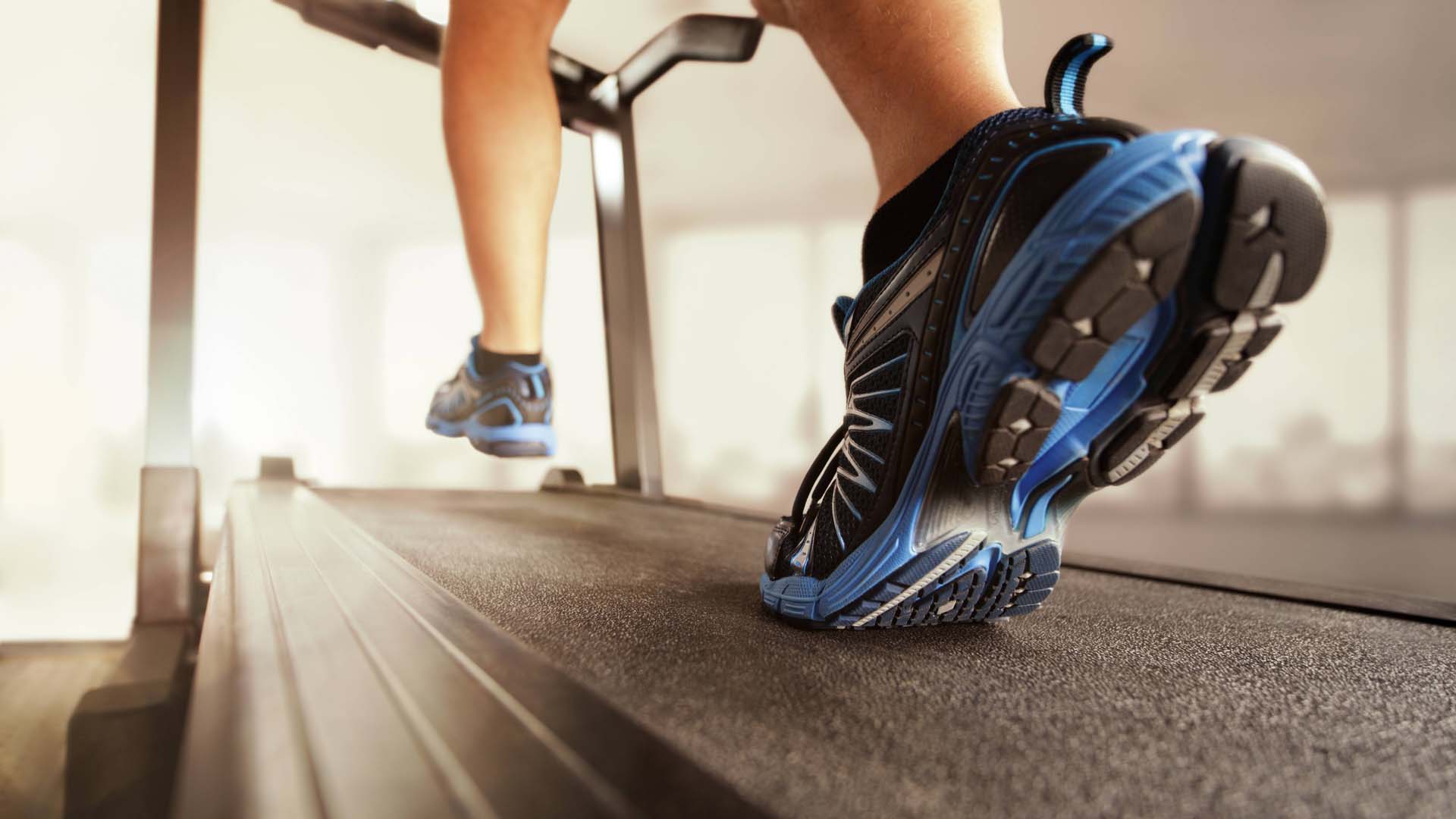
The pros, the cons, with expert advice on whether to take your running indoors or out.
We are here to help you decide which wearable is right for you, a sleek fitness tracker or feature-packed smartwatch
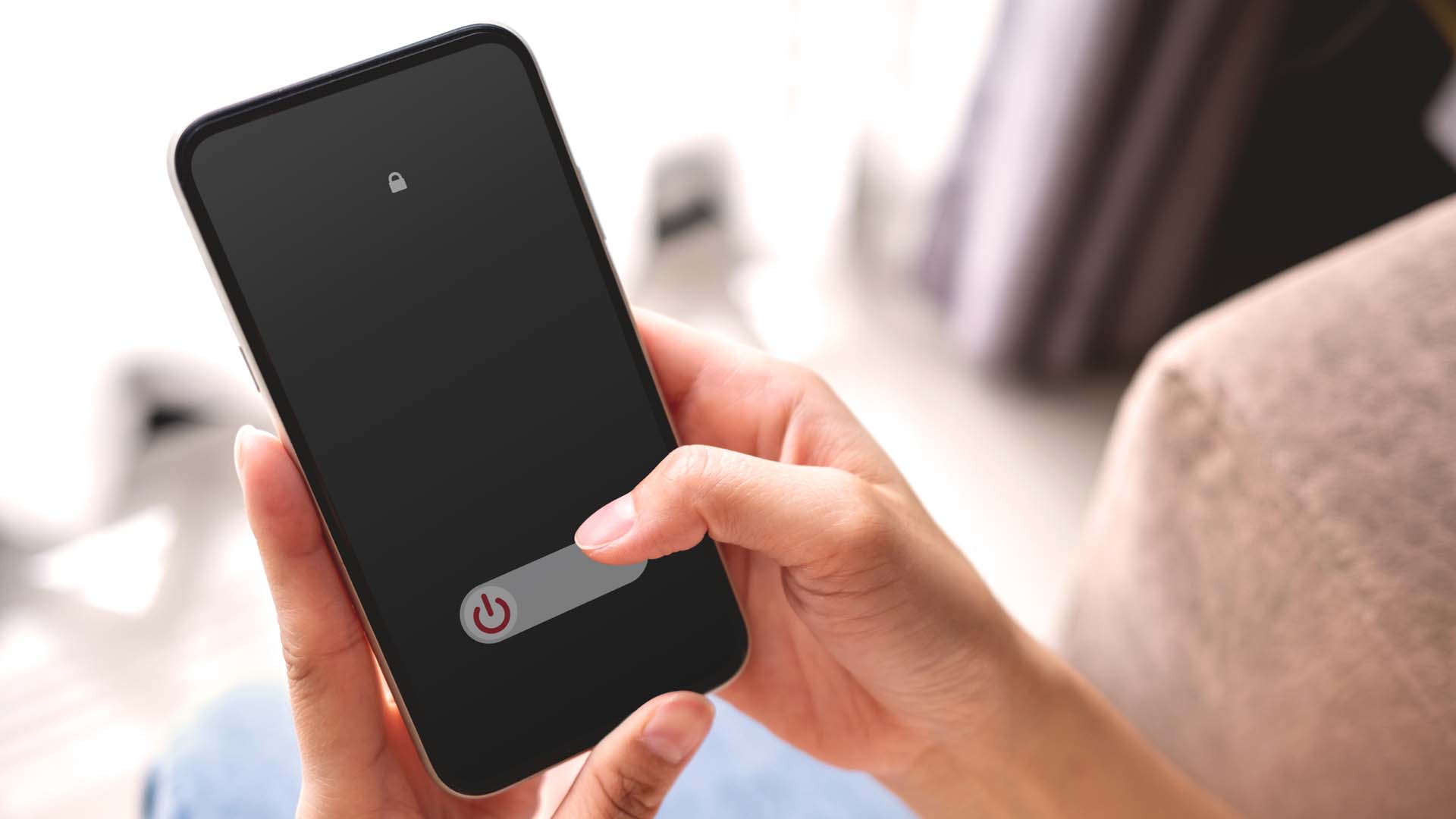

Cleaning with an electric toothbrush is much easier, especially if you have mobility problems in your hands.
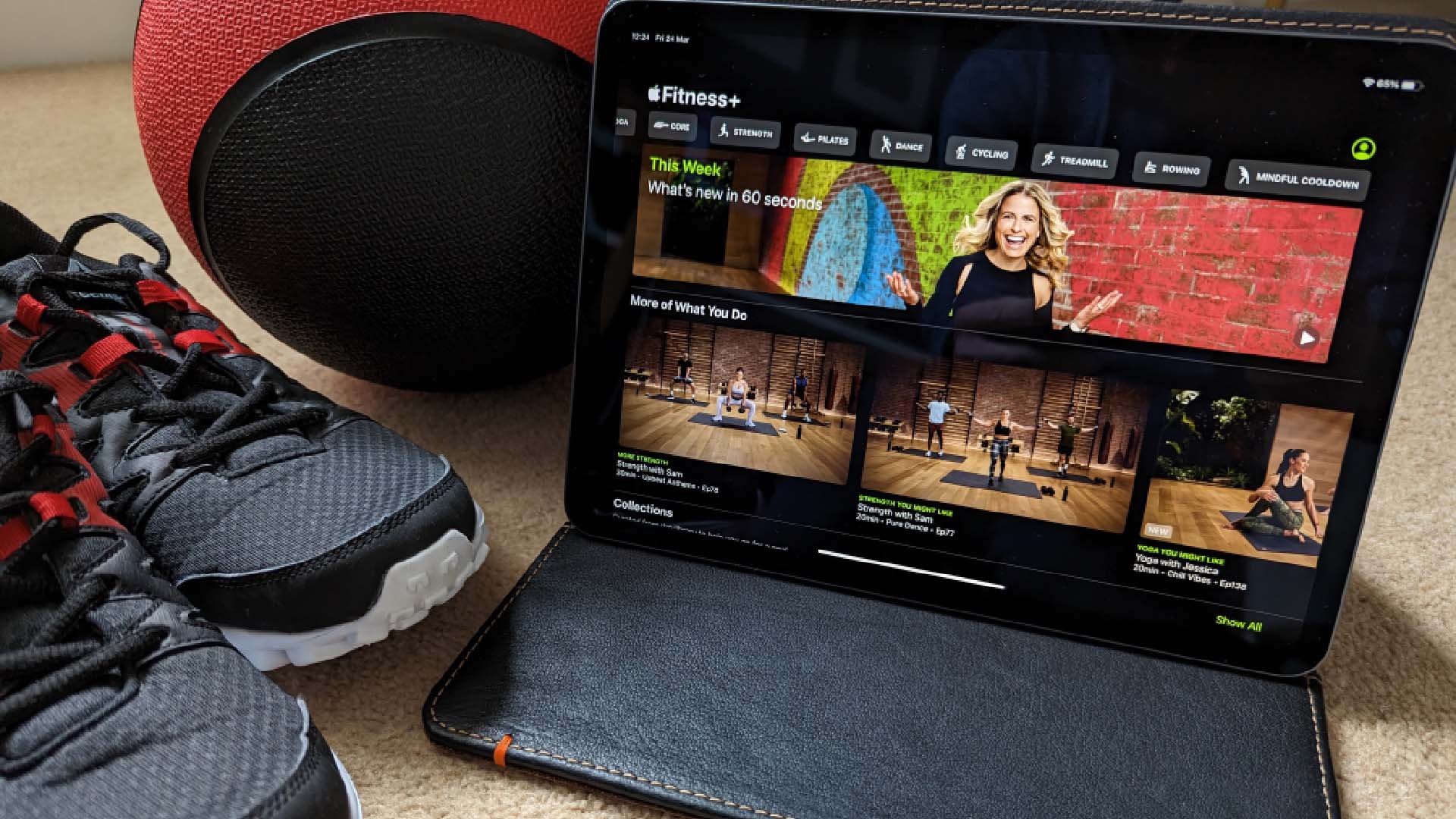

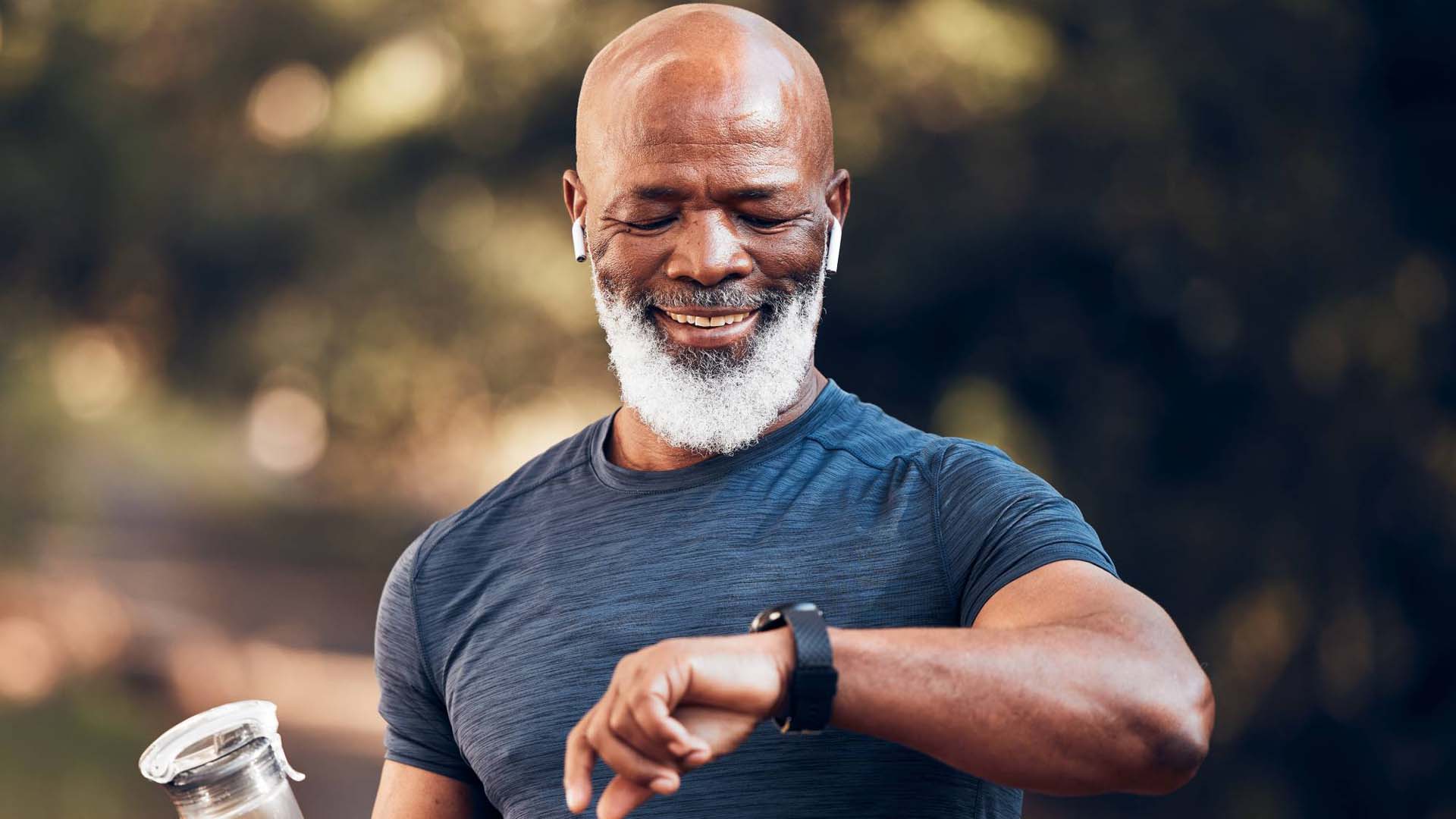
Your questions answered about what really is a good 5k time.